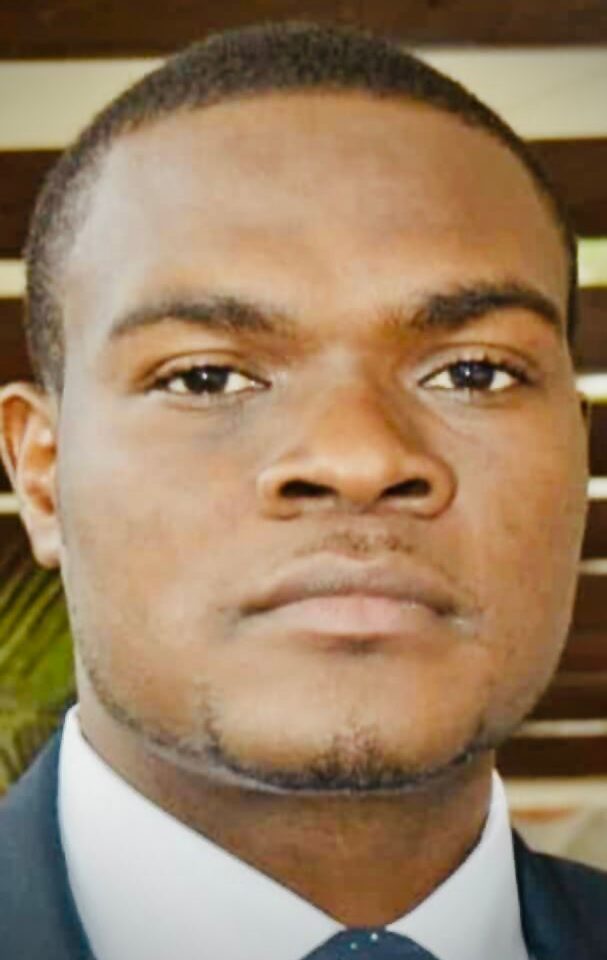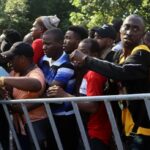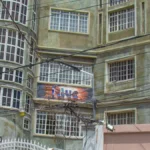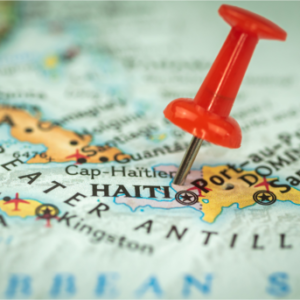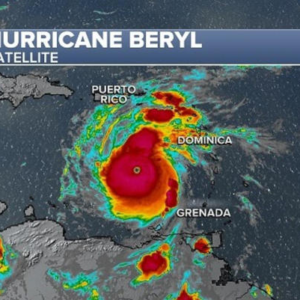The definition of power according to Me EXANTUS: “ it is the power to influence the actions of actors for political purposes. »
Politics, since ancient Greece, remains a science which is associated with scientific strategies combining multiple fields including: law, international relations, the theory of political ideas, economics, history… to achieve convincing and expected results.
Politics is far from being demagoguery as some believe. Politics is the effective management of the city, the ability to neutralize powers to better establish one’s strategies. Never an imbroglio inserted into the imagination and folkloric thought of Haitian politics. Good policy derived from science will always lead to unthinkable policy outcomes for the good. On the contrary, we will understand that demagoguery will end with the destruction of the city when this strategy comes from pure demagoguery excluding science and conscience as a means. This implies that politics in the broad sense of the term is only made for the construction and improvement of the socio-economic conditions of citizens and the environment in which they live (natives and immigrants). Whether for the Western and post-colonial countries considered.
This is the great challenge of the first independent Empire in the world, Ayiti, in the sense of its first Constitution, that of 1805. *Politics in the sense of the other, commonly called the Imperial Constitution, the charter inserting the thoughts of the emperor Jacques Duclos known as Jacques 1er*.
To build a politically independent, economically responsible, militarily controlled and socially legitimized state.
Unfortunately the independence of Haiti acquired in 1804 was not consummated because of the assassination of the founding father of the nation, on October 17, 1806 by his fellow soldiers whose agenda was very different from that of the Emperor.
The policy led by the degenerate sons of the nation (Ayiti), to repeat the late Prof. Lesly Manigat, remains a policy of “manniguette” or an understudy policy in the sense of wanting to lead and distrusting the local population, what we call an anti-democratic policy.
Two reasons can explain this anomaly:
1) the effect of colonization, physical and mental. The one who has ruled this country since its independence cherishes its dependence for the benefit of other lands.
2)The second reason is that it may be an increased incompetence of what we call power. This is the case of Manigat when he refused to neutralize Namphy who represented the enemy’s pawn. The latter controlled the foreign force which represented foreign interests on Haitian soil since well before the American occupation in 1915.
President Aristide had a clear understanding of history and political action to get rid of this fierce enemy who was a foreign army in Ayïti composed of Haitians to implement the will of the enemy on the land of Dessalines often through coups d’état. This head of state (Jean Bertrand Aristide), was unable to respond politically to the dissolution of the foreign army to replace it with an indigenous force. Because, we will understand that without a modern army for the surveillance and control of borders and major terrorism, no form of governance can survive in the 21st century.
However, everyone remains convinced that this army was Ayitian whose mission was to ensure the defense of this land and to guarantee the independence of the country (this is the thesis that we are currently developing on the theory of *appearance )*
Jean Bodin, in his theory on independence, stated it so well: “The ability to defend one’s territory is the palpable proof of independence. » Aristide understood that in political matters, the best way to lead is to have the ability to control the power of weapons. Yet he ignored the other three forms. What are these four forms of power?
We will introduce them to you. Ignorance of these four (4) forms of power can and does harm the governance of the State.
Without control of these powers, we are far, very far from leading well and we will sooner or later lose power.
The Artibonitian Léon Dumarsais Estimé, one of the first visionaries of the Ayitian heads of state, experienced the same fate for not having understood that any power which did not know how to control these four (4) forms of power would harm its governance, will work towards its downfall.
We realized that François Duvalier would have had this genital and scientific ease to understand this. Unfortunately, we would quickly understand that François Duvalier, the doctor who healed yaws, was also a foreign emissary with the mission of harming the independence and development of these people, which he did brilliantly.
In fact, these powers, as we mentioned previously, are four (4) in number. We list them:
a) political power is the ability to form and manage relationships. Only a State can establish relations with other States (public international law) and that States can request from other independent States means to meet their needs. This is what we call in international humanitarian law, assistance from others and collective assistance as a debt to other States in difficulty. If a State is not or is no longer able to request assistance from another independent State, this State is not independent according to BODIN unless this State is in a situation of isolation. However, it will be understood that in international relations, no State gives freely. We only make exchanges either for now or for the future (this point will be developed in another thesis).
b) The second power is the economy, the ability to generate funds for public initiatives. This implies that the State must ensure that it is the way forward and that no one must invest more than the State, even in a liberalized or neo-liberal policy situation. A debate thesis. The State is the metronome of financial resources. Once control is lost, power disappears without realizing it. Vladimir Vladimirovich Putin, from the beginning of his power, understood this with the investors in the Russian cement plant who wanted to put his back against the wall.
c) The third power is that of weapons. Losing the power of weapons also means losing the monopoly on psychological violence. In the 21st century, no state is harmless, just like rebel groups, terrorists and gangs. We must also maintain the power of arms, that is to say we must constantly have control of the borders. Always have the upper hand over others.
d) Popular power. Countries that call themselves democratic place emphasis on the will of their populations to act. Abraham Lincoln said that democracy is the power of the people, by the people and for the people. “Losing the obedience and belief of the people means losing power. In some democracies, the people even in the middle of an elected official’s mandate can take it out of the hands of the representative. In others, we are only waiting for the end of the mandates of elected officials. However, the coup d’état is also in order by the one who holds one of the powers mentioned above. But a coup d’état is no longer possible if the government has the consent of popular power. Furthermore, no other State will affirm its support for a government which has just suffered a coup d’état if this Government does not have the support of its population.
This is the case today in certain countries in Africa, particularly in Mali, Niger and Burkina Faso. The revolutionaries neutralize the power of weapons while the government loses the belief and trust of its population who could only wait for an alternative.
It will be understood that for years political powers and opposition parties in Ayiti have repeatedly ignored these important aspects of politics and always made fatal errors that must constantly be corrected. And above all, the best way to keep power in all legal regimes whatever they may be by contesting Machiavelli in The Prince affirming that one must seize power by all generally arbitrary strategies but never keep it by no matter what means. But, by acting positively in the collective interest in order to ensure the development of the people from all points of view. Know it. No state is weak in acting. These are the actors who are always poorly advised by men and women with papers without knowledge of the science of the State. The success of political powers can be seen in the socio-economic and environmental development of their population. When the actors do not keep in mind and at heart these (4) four forms of power which we have just spoken about and without which no form of long governance is guaranteed, it is important for those who govern not to master them. only but must also and above all neutralize them for successful and satisfactory governance.
Ebens EXANTUS, Doctoral student in Political Science
Lawyer.
Teacher. at University.
[email protected]AnswerReply to allTo transfer
https://acdn.adnxs-simple.com/ast/safeframe/static/0.60.1/html/safeframe-v2.html
Pub



